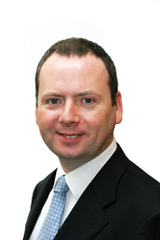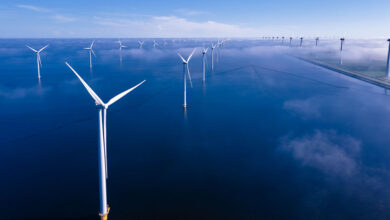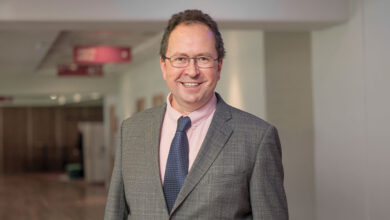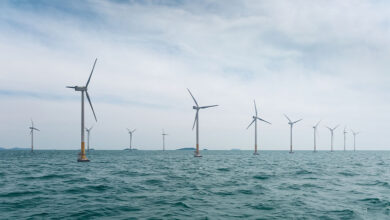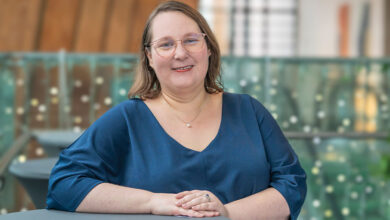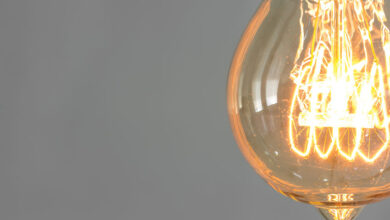Ireland’s renewable future
The Sustainable Energy Authority of Ireland (SEAI) is at the forefront of the renewable energy agenda. eolas discusses its work in supporting the development of renewable energy with Head of Strategy and Innovation, Dr Brian Motherway.
As Ireland continues to increase its renewable energy output, Sustainable Energy Authority of Ireland (SEAI) seems certain to remain central to progress. Established in 2002 as the national energy authority, it now works on a range of renewable and energy efficiency programmes concerning residential, commercial and industrial use. The authority receives its budget from the Department of Communications, Energy and Natural Resources and the EU (structural funds) and has six offices.
Renewable energy is at the fore of its work. It administers research project funding, grants to support greener homes and businesses, and produces analysis. Over 200 research, development and deployment projects, constituting €10 million, are being funded by the authority. It is also supporting 20 ocean energy projects to a combined value of €5.5 million and has an ocean energy development unit.
In the area of energy efficiency SEAI is providing a range of programmes and supports such as the popular home energy saving scheme (now the Better Energy Homes Scheme) and the Building Energy Rating system. Energy efficiency grants were given to 46,000 homes last year, while in the public sector, 14 organisations, accounting for half of total public sector energy spend, committed to energy efficiency partnerships with the authority. Private sector companies engaging with SEAI’s business support programmes avoided approximately €25 million in energy costs.
For Brian Motherway, head of strategy and innovation at SEAI, the two over- arching priorities for the authority are providing data and analysis to make the case for renewable energy, and making things happen. The first, he tells eolas, is about “convincing people of the economic and business case, dealing with some of the concerns which have been expressed in the market,” while the second is about SEAI “bringing people together and addressing some of the legislative and practical barriers which are out there,” for the industry.
Examples of the analysis SEAI has provided are the three energy roadmaps it published last November: plans from 2010-2050 for ocean energy, bio-energy and residential energy. If they are followed the authority believes Ireland could land significant economic and environmental advantages such as 70,000 jobs from ocean energy, bio-energy becoming a cornerstone of national requirements and residential carbon dioxide emissions reduced by 90 per cent.
In February it published a joint report with EirGrid on the impact of wind energy on wholesale electricity prices (it found it is not contributing to higher wholesale prices). Motherway describes it as “a major piece of information for policy makers: that this isn’t all about cost, that there are major economic as well as strategic benefits [from wind energy].”
As well as trying to make things happen by trying to removing barriers to renewable energy generation SEAI also provides information to the public and business about energy and the sector.
The authority’s renewable energy information office is based in Dublin. Its work includes hosting events such as EU solar energy days, a workshop on the passive house planning package and bioenergy conferences.
One of SEAI’s current renewables projects is working with local authorities on how to produce good renewable energy planning and county level renewable strategies. This has involved “working closely with all the local authorities,” says Motherway, “to improve coherence in the way local decisions are made and local planning is done in terms of renewable energy.” The authority is working among the various stakeholders “to look in the short term at how we get renewable energy built in Ireland in the immediate future.”
“Renewable energy is a strategic issue for Ireland,” believes Motherway. “It’s not some kind of luxury or an ideological agenda: it’s actually an opportunity. We have the resource. It can bring wealth and create jobs in Ireland. It can improve the security of our energy system, and we’re focused on making that case.”

